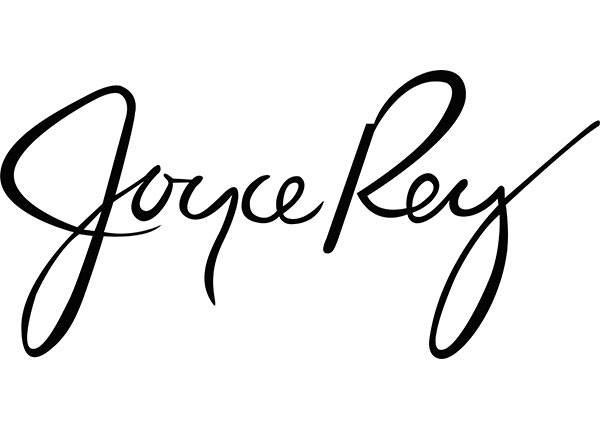She’s 40 years old and just became a figure skating world champion

MONTREAL — At 40 years old, Deanna Stellato-Dudek skates and twirls across the ice at full speed in front of thousands. She gets tossed high in the air by her partner, Maxime Deschamps, before landing in his arms and resuming their routine.
Thursday night, in the fifth decade of her life, Stellato-Dudek and Deschamps won the pairs competition at the ISU World Figure Skating Championships for Canada, making her the oldest female figure skater to win an Olympics or world championship. The crowd at the Bell Center roared, many waving Canadian flags as the pair finished their free skate and the reality of what was about to happen became clear.
“I am certainly amazed by what she is doing,” said Deschamps, who is eight years younger.
“She doesn’t train like somebody who is 40 years old; she’s more like someone 18,” said Manon Perron, a longtime skating coach in Canada who is an adviser to the national team. “She’s not afraid to fall; she’s not afraid to do something.”
Stellato-Dudek spends two to three hours a day training just to be able to practice. She says the most important thing she does each night is get her muscles ready for the next day.
“There’s no points in figure skating for being older,” she said. “So, it really doesn’t matter at the end of the day. I just have to do what I need to do to feel as ready as all of my competitors do.”
She does it because she still loves skating. When she returned to the sport eight years ago, she committed to giving it “everything I got. So that when I [am] 80 years old, enjoying a glass of wine over dinner, I can think, ‘Hey, you know I went back and I did it.’”
Before many of the other skaters at these world championships were born, Stellato-Dudek was a rising American star from Chicago’s suburbs. She won the 1999-2000 ISU Junior Grand Prix Final and the 2000 junior U.S. Nationals. At the time, the United States was amid a figure skating run led by Michelle Kwan, Sarah Hughes and Sasha Cohen. Stellato-Dudek might have joined them, but she was battling persistent hip injuries.
Then came the general teenage angst felt by many skaters who begin to lament their lost childhoods. At 17, she retired, certain she was doing so without regret.
“You want to get as far away from it if you feel like you haven’t completed or finished everything you wanted to in the sport,” she said Wednesday. “It’s very easy to leave and kind of have a bad taste in your mouth with regards to it.”
She became an aesthetician in Chicago, got married and spent 15 years without anything to do with skating.
“She went and had a life,” says Andre Bourgeois, Skate Canada’s Next Gen Director who is one of the country’s team leaders for the world championships.
In 2016, at 33, she started wondering what she had left behind. At first, she skated in rinks around Chicago before eventually reuniting with an old coach who had moved to Florida. A U.S. Figure Skating official suggested she try pairs, and soon she was matched with Nathan Bartholomay, who also was training in Florida.
Stellato-Dudek and Bartholomay had success with two bronze medals at the U.S. Figure Skating Championships until injuries forced Bartholomay to stop in 2019. A coach recommended Deschamps, who is based in Montreal, so she moved to Canada not long before the pandemic, during which the two tried to build cohesion in whatever rink they could find open.
Share this article No subscription required to read Share
After modest success their first two seasons together, Bourgeois said the two had “a heart-to-heart” talk about addressing the subtle differences in their skating styles. They won three events in 2022-23 and six of their seven events this year, including their second straight Canadian nationals.
“She’s an inspiration to many,” Bourgeois said.
Still, a clock is ticking on her career. She is racing to get Canadian citizenship before the 2026 Winter Olympics, which is realistic given her and Deschamps’s current status at the top of the sport.
And yet she will be 42 by then. Standing in a hallway just off the Bell Center ice Wednesday after the short program, Perron shrugged at the idea.
“If she can do it at 40, she can do it in two more years,” Perron said.
Men’s short program
Two-time U.S. champion Ilia Malinin skated a clean short program Thursday, landing two quadruple jumps and a triple axel, and received a score of 105.97, good for third place behind Japan’s Shomo Uno (107.72) and Yuma Kagiyma (106.35). The finish leaves Malinin in excellent position for a second straight world championships medal entering Saturday’s free skate.
Afterward, he called his performance “not one of the best short programs that I’ve done” and said he has been dealing with injuries and doubt recently, though he didn’t want to specify what was causing his uncertainty.
“Even though I was able to stay on my feet and land everything, I definitely know that I could put a lot more effort in powering through to that second score [and] spins or just making everything look clean enough,” Malinin said.
At January’s U.S. championships in Columbus, Ohio, Malinin said problems with his skating boot slowed him down and left him uncomfortable on the ice. On Thursday, he said his boots are fine and that he didn’t feel like risking a quad axel — a jump he is the only skater to land in competition — worrying instead about avoiding injury.
Right behind Malinin is fellow American and two-time Olympian Jason Brown, who skated an artistic short program to finish fourth with a total of 93.87. Brown, 29, has never won a medal at a world championships.

Browse our latest news and updates below

![[ai_client_name]](https://joycerey.com/app/themes/joycereycom_2024/assets/images/site-logo-white.svg)
